7 popular houseplants to avoid if you have kids or pets – these toxic plants could have disastrous consequences
Keep these plants out of reach of curious pets or toddlers

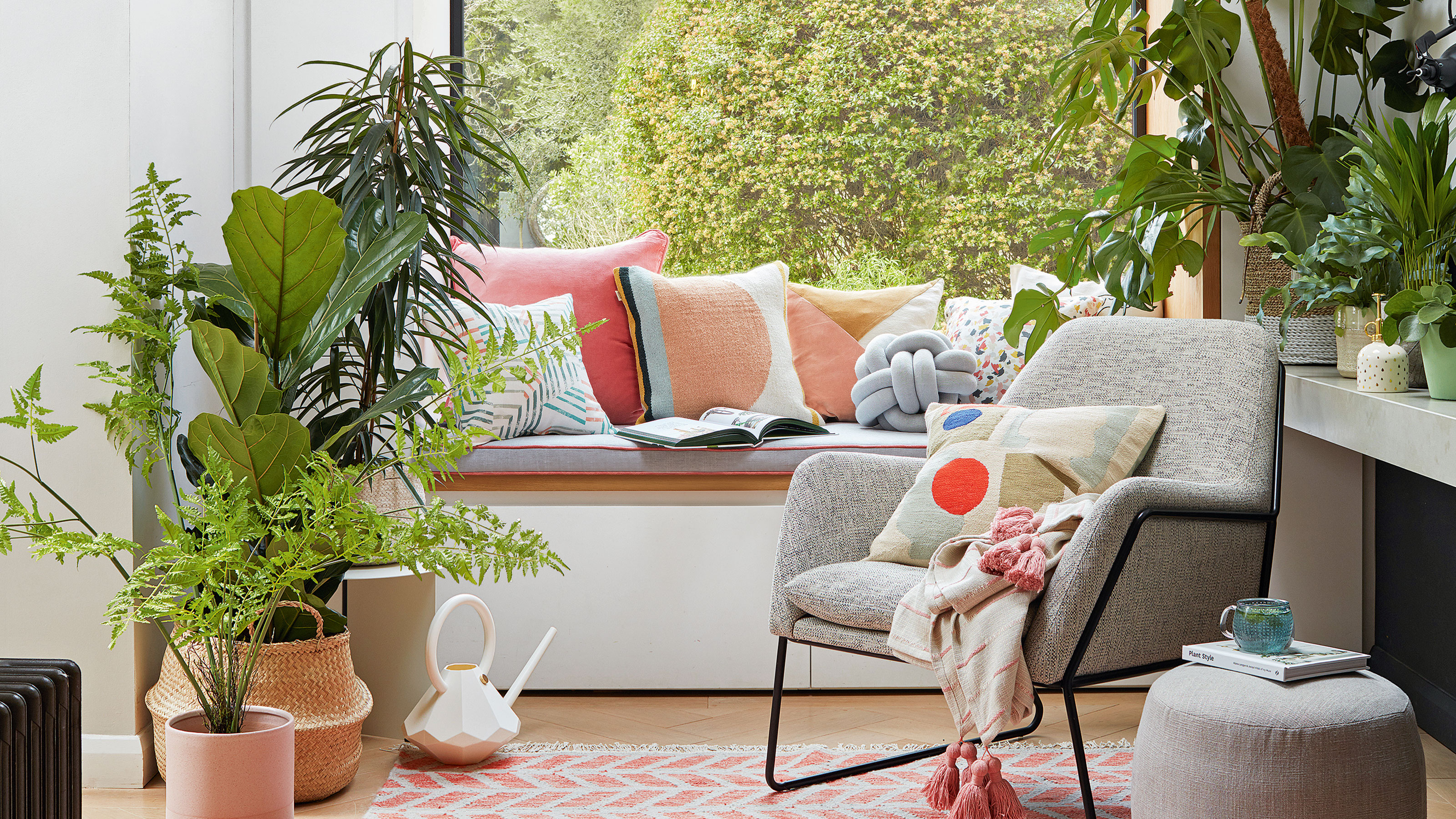
Indoor plants can have a number of benefits in our homes, from purifying the air to reducing stress; they also add a lovely touch of greenery. But if you have little ones running around, a toddler starting to crawl, or pets, did you know that choosing the wrong plant could cause potential harm?
While you might be able to move your houseplant ideas out of reach, ‘children and pets are most vulnerable to toxic plants because they are more likely to chew on parts of the plant, they may rub into them and then touch their face and because they are smaller, even small doses can cause nasty symptoms,’ explains Morris Hankinson, director of Hopes Grove Nurseries Ltd. Which is why we need to be extra cautious.
So, whether you were thinking about dotting a few new houseplants around your home or have a growing toddler or pet who likes to explore, these are the houseplants to avoid.
1. Monstera and swiss cheese plants
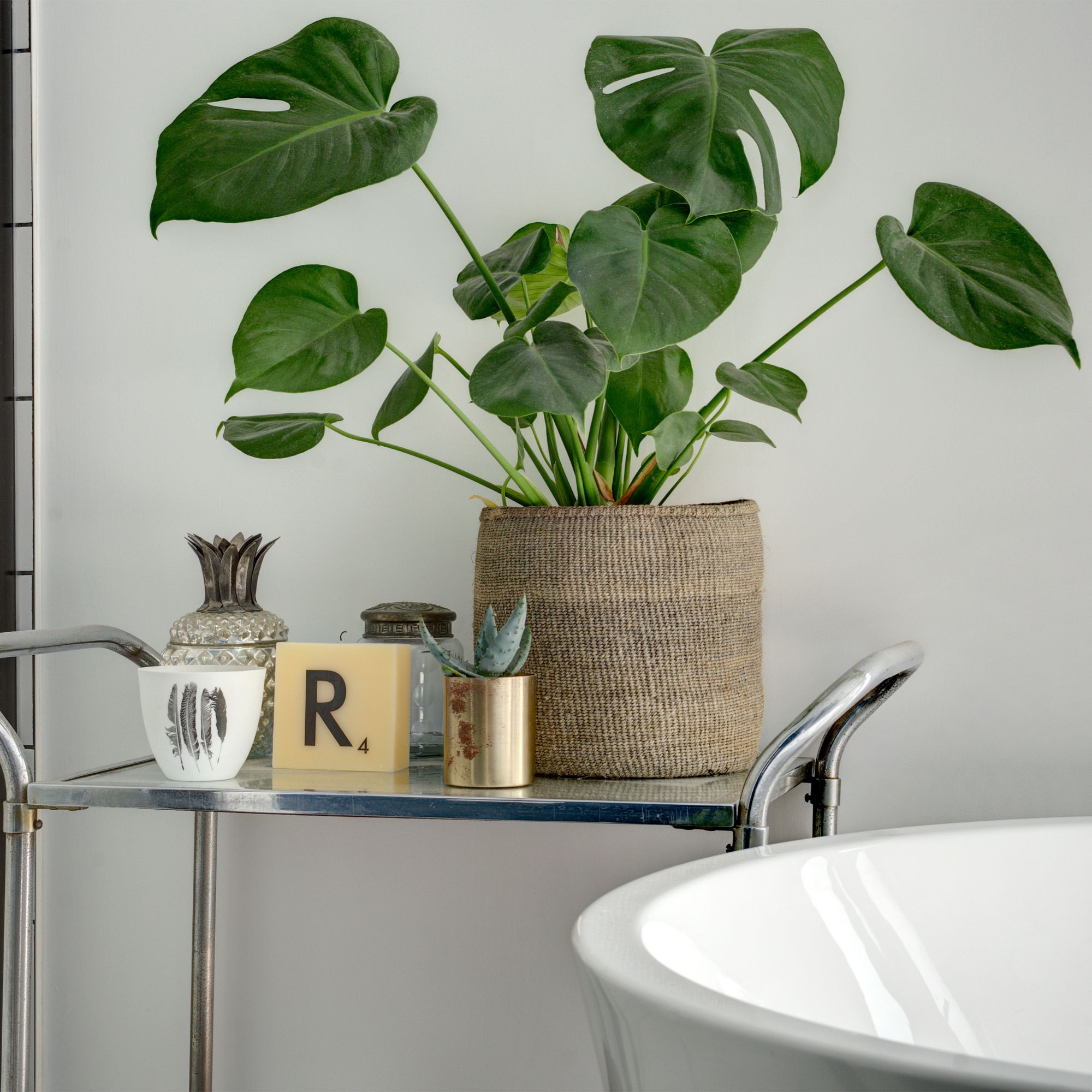
One of the most popular houseplants, monstera and swiss cheese plants aren’t the wisest choice if you have pets, as they contain ‘insoluble calcium oxalate crystals, which can lead to swelling in the tissue of a pet's mouth,’ warns Emily Boardman, veterinary and nutrition consultant at Burns Pet Nutrition.
And as cats are more likely to lick objects in our home, they are at a higher risk of becoming unwell, even though they are just as toxic to dogs. ‘Luckily, most cats are naturally put off by their foul taste and therefore tend not to consume enough for any serious effects to occur,' Emily adds.
'But, these plants do cause the cat’s airways to swell up, and even if there aren’t any fatal complications, your cat can still be in a great deal of pain after tasting the plant.'
Other unfavourable side effects include vomiting.
Sign up to our newsletter for style inspiration, real homes, project and garden advice and shopping know-how
2. Peace lilies
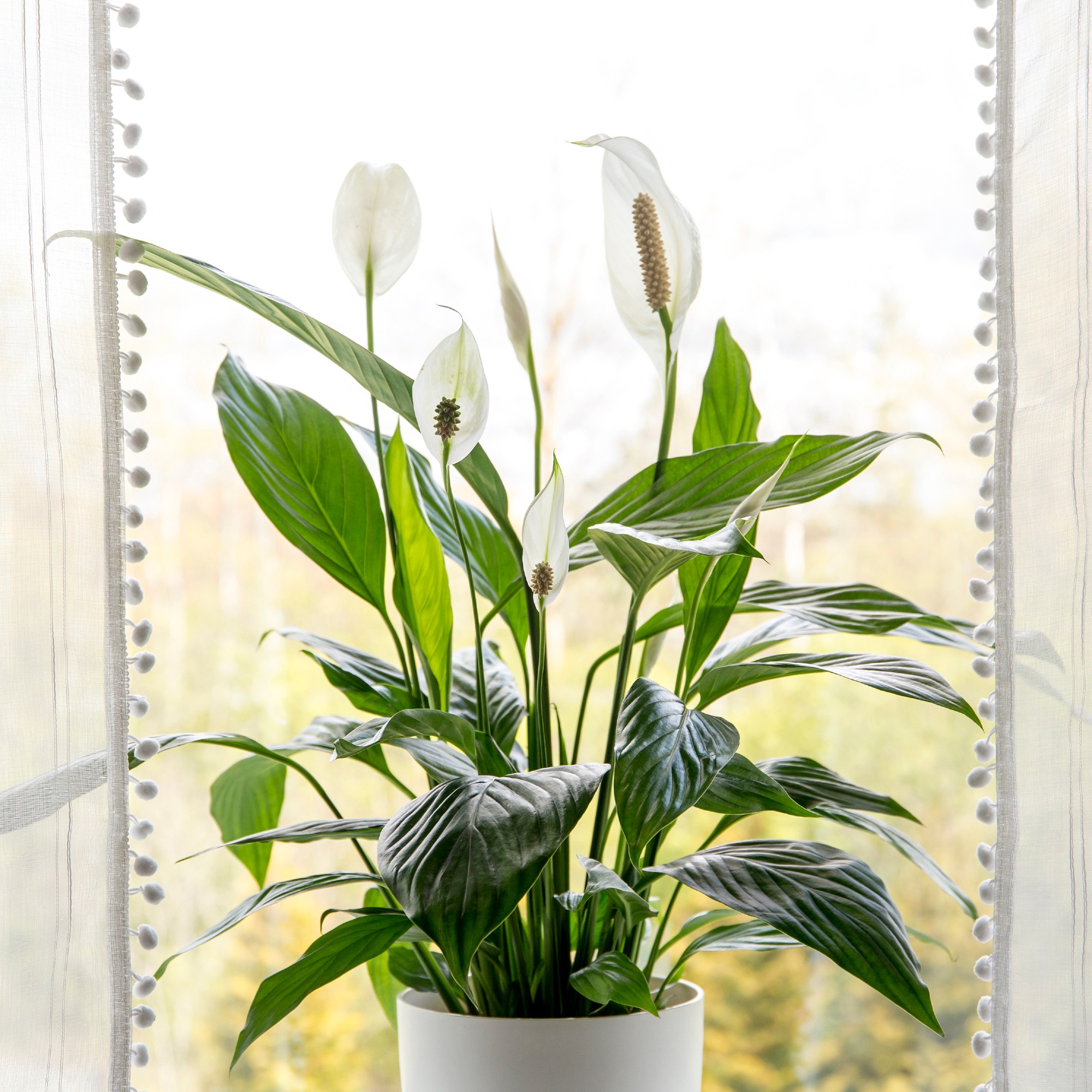
Many of us will probably be aware that lilies are poisonous to cats, but they can also prove problematic in households with dogs or young children. Similar to monstera plants, peace lilies also contain calcium oxalate crystals. And because ‘these plants have an interesting appearance, it’s not uncommon for curious children to reach for them,’ says Graham Smith MCIHort, LBS Horticulture’s horticultural expert.
While ‘lilies can also cause stomach pain in dogs, they generally have a greater resistance to their toxins. However, if cats ingest them, because they contain toxins that can cause severe kidney damage, in some cases this can prove fatal,’ Emily cautions.
So, even though peace lilies are one of the most beautiful houseplants, if you have pets or young children, steer clear of them.
3. Rubber plants
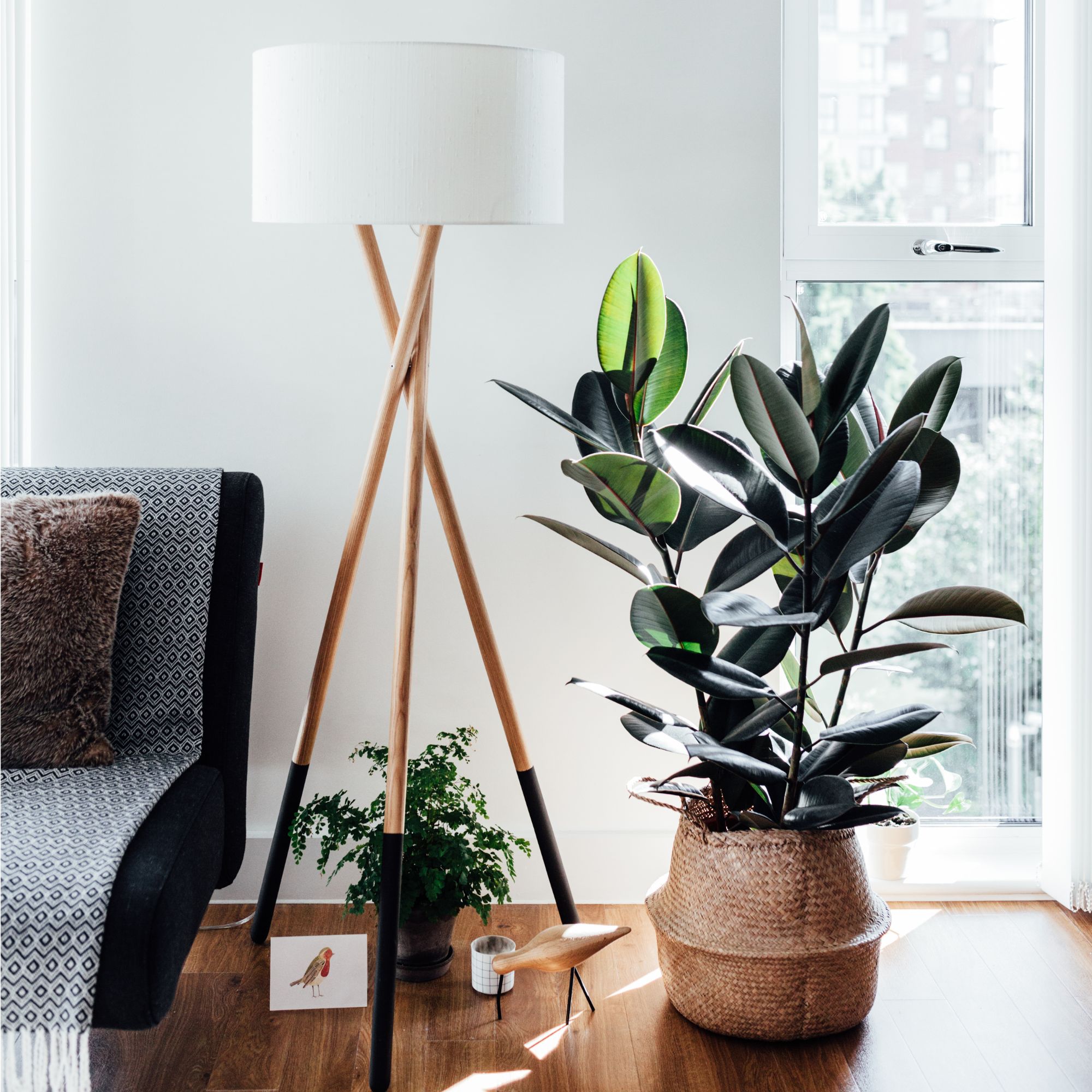
Another plant which is quite common in households up and down the UK, rubber plants are toxic to both children and pets. If you've ever owned one, you might be familiar with the almost milky sap that comes out of it and this 'sap is a skin irritant, very sticky and can cause vomiting if ingested,' Morris advises.
4. Snake plants
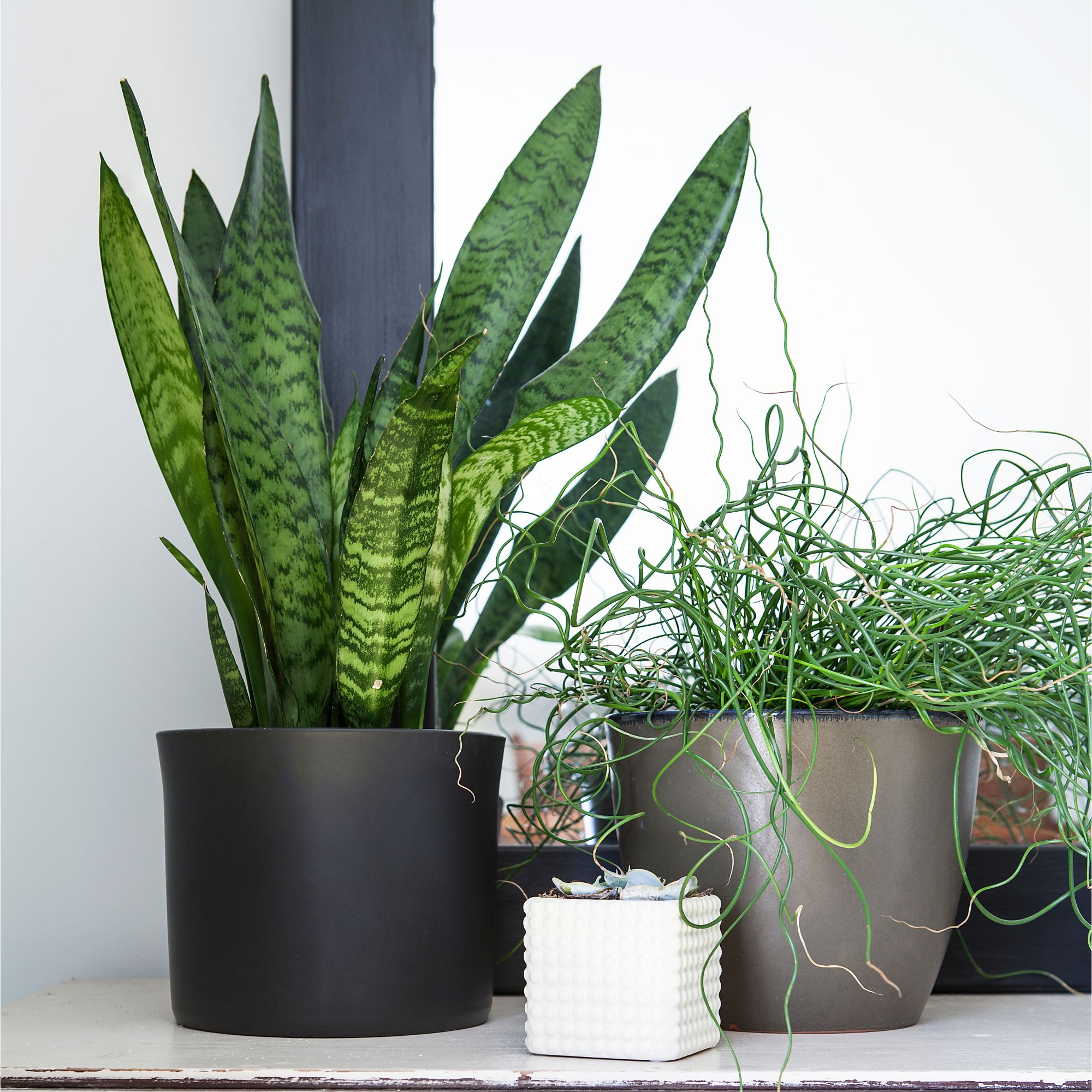
When it comes to how to care for a snake plant, they thrive on neglect, but you might want to avoid adding one to your home if you have pets. Essentially, ‘the snake plant contains toxic substances known as saponins – a unique molecule structure that enables them to interact with lipids, essential components of cell membranes,’ Emily proffers.
‘These saponins can cause inflammation, irritation, nausea, vomiting, diarrhoea and other adverse effects when they come into contact with your pet's gastrointestinal tract.’ So, it’s not worth taking the risk.
5. ZZ plants
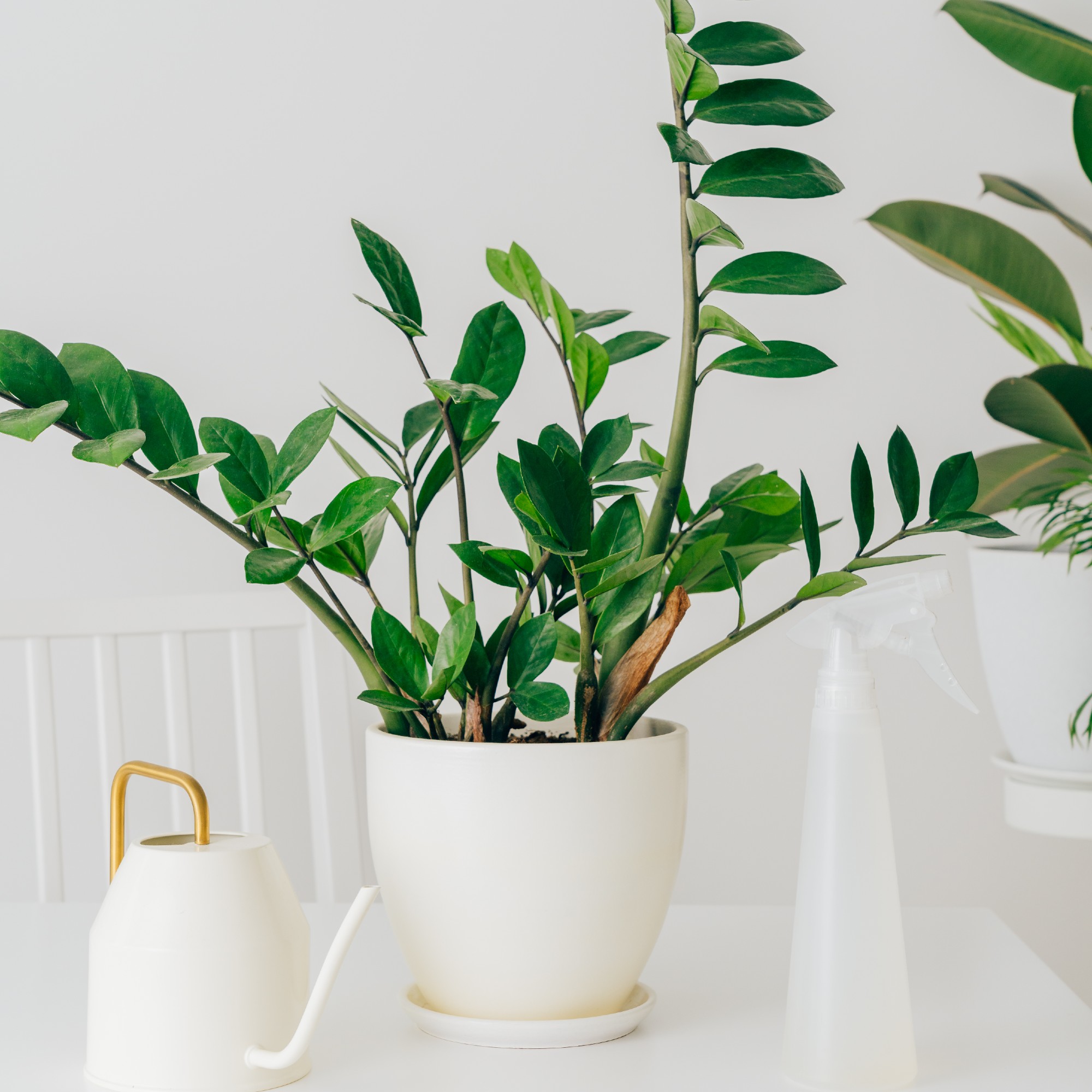
Not only should ZZ plants – also known as Zamioculcas zamiifloia – be handled with care by adults, but they are also toxic to pets. Again, they contain calcium oxalate, as well as saponins which can ‘cause irritation to the skin and pain if ingested,’ in humans and ‘diarrhoea, vomiting and severe irritation to the mouths of dogs and cats,’ Emily says.
If you don’t have any young children or pets, and want to have a ZZ plant in your home, you should aim to wear protective gloves whenever you handle the plant, to stop it from causing any skin irritation as you do so.
6. English ivy
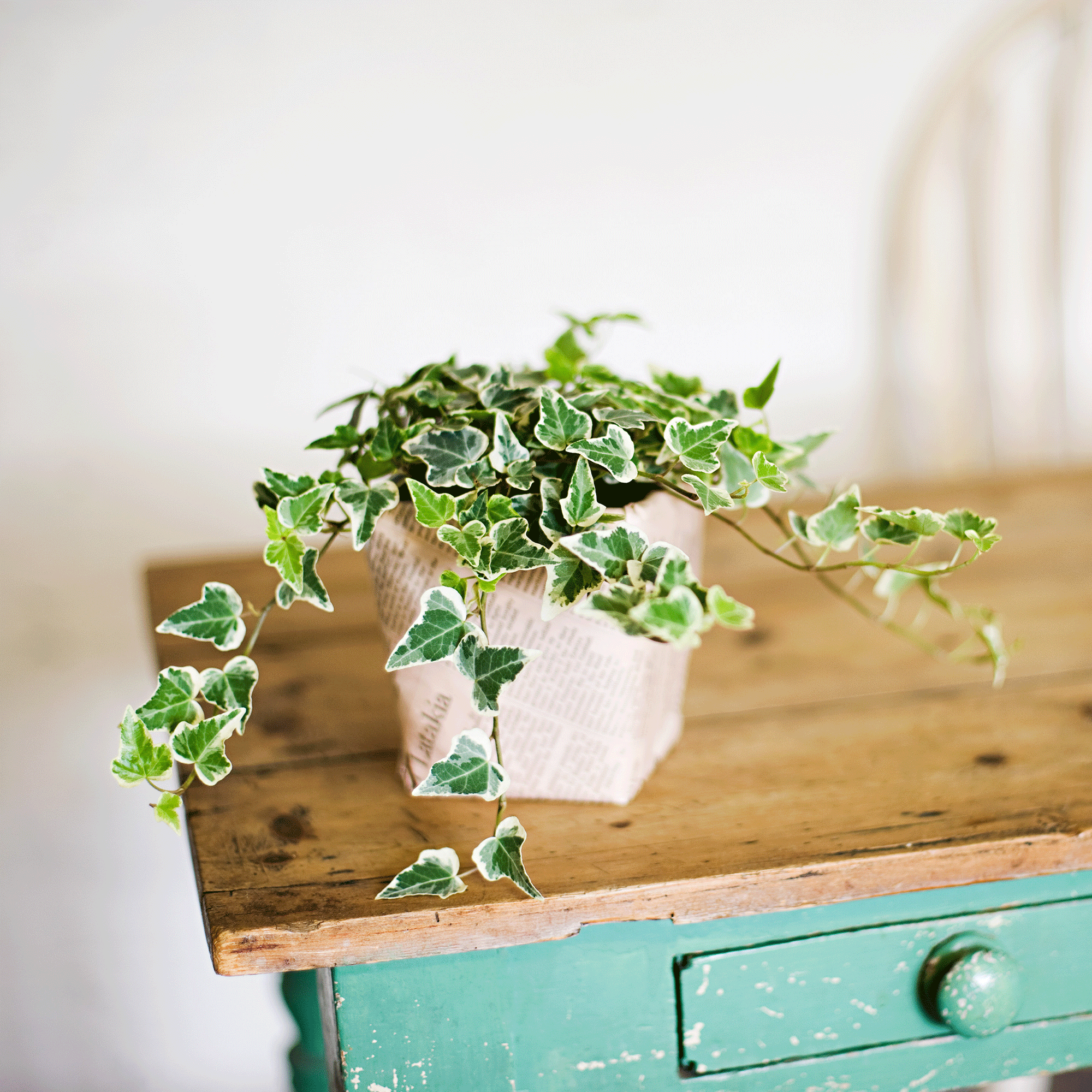
‘Englsh ivy is another very popular houseplant for homeowners due to their straightforward maintenance and beautiful appearance,’ according to Graham. ‘However, unbeknownst to many individuals English ivy can be toxic when touched and ingested by children, causing skin irritation, rashes, fever and an irritated throat after ingesting the berries.’
If you do decide to have it in your home, you’ll want to place it as ‘far from the ground to avoid children getting their hands on it.’
7. Aloe vera
‘Although aloe vera is soothing for humans, unfortunately, it can be an extremely toxic plant for pets,’ Graham says. ‘It’s best to keep aloe vera completely out of the way of pets, especially cats and dogs, as when ingested it can lead to vomiting and diarrhoea.'
This is because aloe vera contains anthraquinone glycosides, a component that encourages bowel movements in our furry friends.
FAQs
What is it that causes houseplants to be toxic to children or pets?
‘Plants produce toxins and chemicals as a natural way to protect themselves from being ingested by animals,’ Graham affirms. And this can obviously have an adverse effect on us in our homes. Depending on the plant and the individual, reactions can vary from mild to severe, but not having them in your space to begin with can be the best option.
And now you'll know which ones to avoid.
Which plants are pet-friendly?
Just because you have a particularly inquisitive pet doesn’t mean that you can’t also have house plants. It’s all about choosing the correct ones and taking the time to do your research before bringing any home, the experts agree.
Some pet-friendly varieties include ‘White Stars (Calathea Majestica), String Of Hearts (£23 at Prickle Plants), Ponytail Palm (£18 at Gardener's Dream) and Fishbone cactus (£16 at B&Q), which are all non-toxic,’ Emily concludes.
Try swapping in some of these houseplants for a less risky display around kids and pets.

Ellis Cochrane has been a Freelance Contributor for Ideal Home since 2023. Ellis has been writing about homes, interiors and gardens for four years now, with her also contributing to House Beautiful, Country Living, Expert Reviews, Real Homes and Stylist.